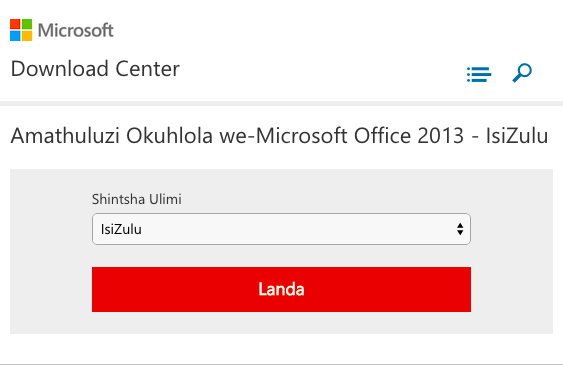Specialist Translation Services for Official South African Languages
Translation Services for Official South African Languages iiTranslation provides expert, culturally-attuned translations across all 11 official South African languages. We specialise in precise handling of critical documents including textbooks, informed consent forms, corporate communications, and digital content - ensuring your message maintains its impact across all language barriers. Why Partner With iiTranslation? Exclusive South African Language Focus: We translate exclusively between South African languages: isiZulu, isiXhosa, Afrikaans, Sesotho sa Leboa (Sepedi), English, Setswana, Sesotho, Xitsonga, Siswati, Tshivenḓa, and isiNdebele. Guaranteed Quality Standards: Every translation undergoes meticulous review by native-speaking professionals using contemporary language references. Human-Led Expertise: While utilising technology for consistency, we never fully automate - all work is performed by mother-tongue specialists. Industry-Specific Knowledge...


